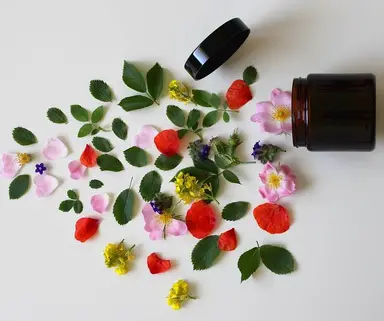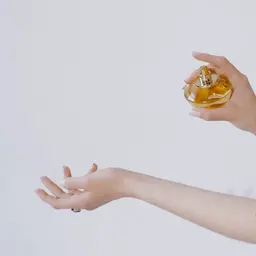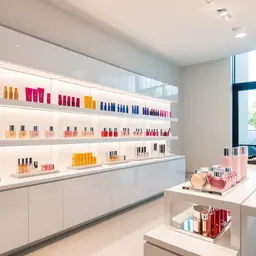
The “organic”-labelled cosmetics offer is growing day by day and is fills up the hygiene and beauty departments. In order to better understand the behaviour and expectations of consumers in terms of natural cosmetics, Nuoo box (beauty box specialized in organic products) conducted a study in partnership with IFOP.
The survey was conducted among a sample of 1047 women, representative of the female population aged 18 and over.
The representativeness of the initial sample was ensured by the quota method (age, occupation of the person interviewed) after stratification by region and agglomeration category.
The interviews were conducted by self-administered online questionnaire from 6 to 10 September 2018.
A growing craze
“Almost six out of ten French women bought at least one organic cosmetic or hygiene product last year, a proportion that has almost doubled in eight years: 58% in 2018, compared to 33% in 2010,” reports the IFOP survey.
Moreover, the trend in non-food organic products is growing as a whole. Indeed, purchases of household products, gardening and natural textiles have increased considerably over the past eight years.
Who are the consumers of organic products?
Ecological and organic care is taking centre stage in store shelves and is becoming more and more popular.
However, the study points to the fact that natural product enthusiasts have an above-average economic, social and cultural profile.
“Significantly more executives and higher intellectual professions (69%) than female workers (43%) have purchased them in the past year,” says IFOP.
In addition, the majority of women consumers of this type of products point to the left, politically speaking. They are generally close to groups such as Europe Écologie Les Verts (75%), the Socialist Party (76%) or La France Insoumise (70%).
The skincare at the top of the podium
Almost three-quarters of French women (72%) have already used an organic cosmetic product.
However, they are more interested in hygiene and body, face and hair care products.
Thus the survey highlights the fact “that a majority of French women have already tried organic products in facial care products (57%) or body care products (58%), facial hygiene products (57%) or hair products (55%), in this case products whose application is daily and whose safety (more induced by organic than by a conventional product) is considered more important by the respondents.”
It is clear that make-up and perfumes offered by organic or eco-responsible brands are less in demand by consumers (only 35%).
Laure Friscourt, Director of Marketing and Development for the Beauty Sector at IFOP, explains this disparity by “the fact that consumers are aware that these products are absorbed by the skin and therefore penetrate their bodies; they are therefore more sensitive to the naturalness of the ingredients, more careful and demanding in the selection of these types of products, preferring to rely on organic or natural ingredients that are safe. The field of perfumery is a very particular sector of the cosmetic universe that will appeal to the senses and emotions of the consumer. Safety is therefore not the first criterion for product selection in this sector, where marketing and emotion are the most important factors. It should be noted, however, that this is changing, and that the composition of perfumes is becoming a criterion whose importance is growing among buyers of very high-end perfumes.”
Organic, yes, but why?
The main reasons for switching to organic farming are the concern to preserve one’s body and health (cited by 73% of users), respect for the environment (64%) and animal welfare (56%).
The obstacles to the transition to organic
Price is the first factor of reluctance that consumers attribute to the natural beauty sector for both users (61%) and those who have not yet switched to the green side of the force (66%).
Finally, there is a climate of mistrust around organic cosmetics.
Indeed, some doubt the actual naturalization of products while others question the effectiveness of products.
“Consumers often feel a little lost when faced with the plethora of labels on the market and the information on the packaging, but all this is becoming clearer. For example, some manufacturers put before the notion of 0% on packaging to indicate the absence of an element in the composition, whereas it is not in the composition of the product itself. The new European legislation will provide a better framework for these references. Moreover, if only a few years ago, the use of natural ingredients in cosmetics unconsciously conveyed a lower efficacy to Western consumers, the trend is reversing: ‘natural products’ nowadays means efficacy for more than half of consumers,” analyses Laure Friscourt.
Organic products are indeed gaining ground in French women’s bathrooms.
Indeed, consciences are awakening and more and more people want a healthier and more minimalist cosmetic.
However, natural beauty is still associated with a lack of sensoriality and pleasure of use, rightly or wrongly!













